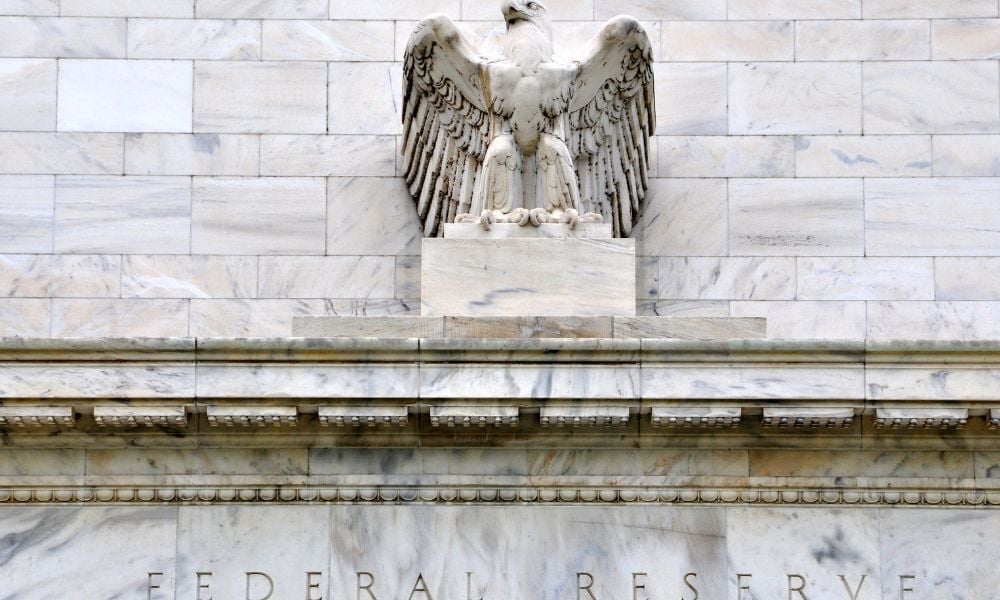Analyst tells WP that interest-rate strategy may prolong expansion but increases chances of more painful recession

The US Federal Reserve has misstepped, increasing the chances of a sell-off in risk assets and a deeper recession.
That’s the view of Sean Coakley, market strategist at Cambridge Global Payments, after the US Federal Reserve cut interest rates for the first time since the financial crisis last week.
After reducing the benchmark rate by a quarter-point, Fed chair Jay Powell sent a message to the market that this was a “mid-cycle adjustment” rather than the beginning of a series of cuts.
The Fed funds futures had priced in 100 basis points in cuts prior to the announcement but Powell dampened these predictions while keeping the door open for another 25 basis points decrease, possibly in September.
But Coakley said he was in the camp that believes the Fed has erred by cutting rates while the US economy is in decent shape. What happens, he challenged, if the economy “chugs along” nicely and the Fed stops after one cut?
“The financial market might get disappointed by that and we might see a sell-off in risk assets. That’s the headline risk for wealth managers.
“If the perception is that the Fed is behind the curve in terms of the pace of rate cuts, or that it is not giving the market what it desires in terms of the number of rate cuts over the next 12 months, we could see a repricing of risk assets, equities and commodities, and even in the bond market, which would be a negative for investors.”
The amount of credit growth in the high-yield bond market, especially for US corporates, concerns Coakley and he believes a rise in rates could see a potential increase in defaults in corporate credit in the US. He added that a significant proportion of US corporates are trading below investment grade in terms of the risk rating on their bonds and that there has been an uptick in collateralized loan obligations.
He explained: “It looks like the Fed is trying to avoid a recession right now but the problem is recessions are natural – the economy is cyclical. If we are undertaking monetary policy rather than fiscal policy to offset the economic risk, it will allow risks in the credit market to build and those imbalances can precipitate an even larger recession than it warrants.”
For investors, it’s a tricky time to be deciding on portfolio moves with few areas looking safe. The bond market has performed well and mean reversion might reverse that trend, according to Coakley. Being wary of a sell-off is also important if markets have, as suspected, got ahead of themselves.
He said: “A correction in risk assets would really put portfolios under pressure. I would remain defensive, favour more defensive stocks and maybe not have as much in bonds, as historically they have had a good run.
“I would want to take some of the profits from that and put it in to cash, even though cash isn’t yielding that much, because there is a potential for a sizeable correction.”
He suggested that the global economy is operating at two speeds, with a slowdown in manufacturing, industrial trade and business investment sparking fears the rest of the economy could “catch a cold” from this downturn.
But there is a contrast with consumer sentiment and spending, and the encouraging employment figures coming out of the US.
Coakley said: “Most data is suggestive of the fact that a rate cut out of the Fed might not be necessary at this point. We still haven’t seen a sell-off in risk assets, we haven’t seen an uptick in unemployment claims and we haven’t seen a reversal in the trend for positive economic growth. Overall, you can view it the Fed as being overly cautious.”



